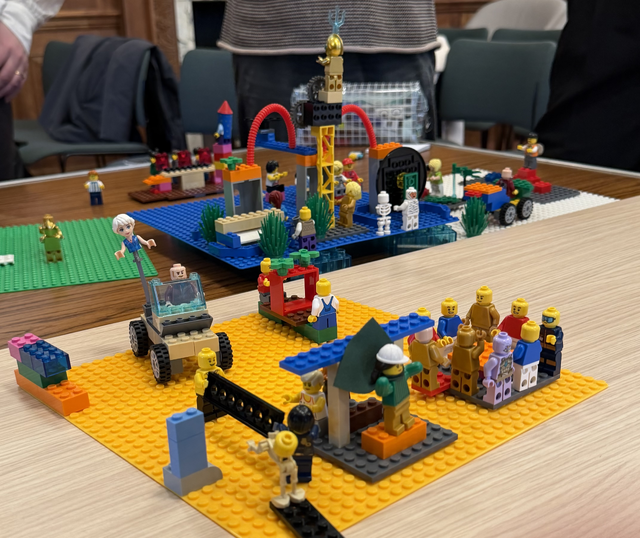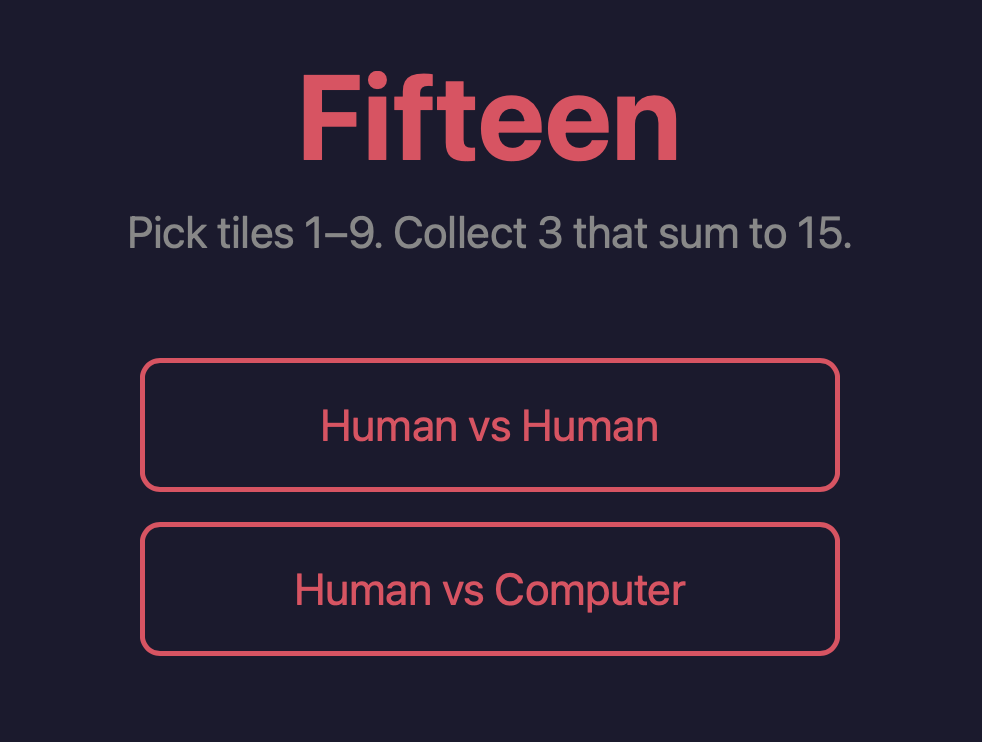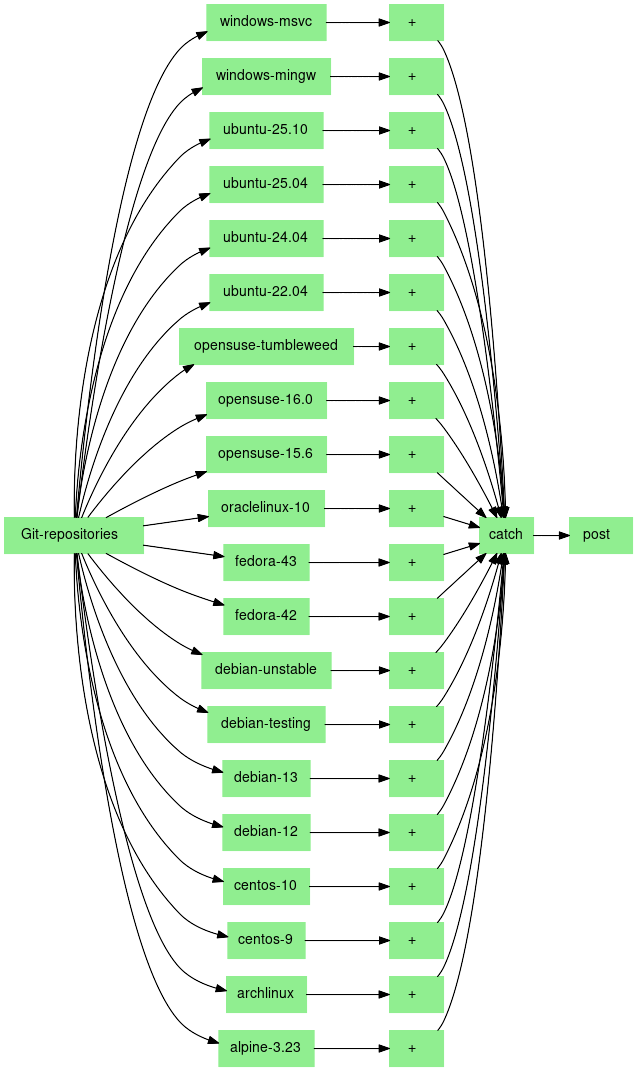Blog
The OCaml Planet RSS
Articles and videos contributed by both experts, companies and passionate developers from the OCaml community. From in-depth technical articles, project highlights, community news, or insights into Open Source projects, the OCaml Planet RSS feed aggregator has something for everyone.
Want your Blog Posts or Videos to Show Here?
To contribute a blog post, or add your RSS feed, check out the Contributing Guide on GitHub.
The Tessera pipeline is written in Python. What would it take to have an OCaml version?
Growing the Ceph cluster for TESSERA embeddings, a Lego brainstorming session for the Evidence TAP, hosting Echo Labs from ARIA, and Shane's IUCN Red List seminar.
neocaml 0.1 is finally out! Almost a year after I announced the project, I’m happy to report that it has matured to the point where I feel comfortable calling it ready for action. Even better - neocaml recently landed in MELPA, which means installing it is now as easy as:
Numberphile’s latest video has been released, and in it Ben Sparks introduces the 15 Game.
Numberphile’s latest video has been released, and in it Ben Sparks introduces the 15 Game.
Discover the latest optimisations we have brought to Wasm_of_ocaml in 2025!
In my previous post on the base image builder, I included a footnote that we now had Windows 2025 workers, but I didn’t mention that the base images weren’t building.





